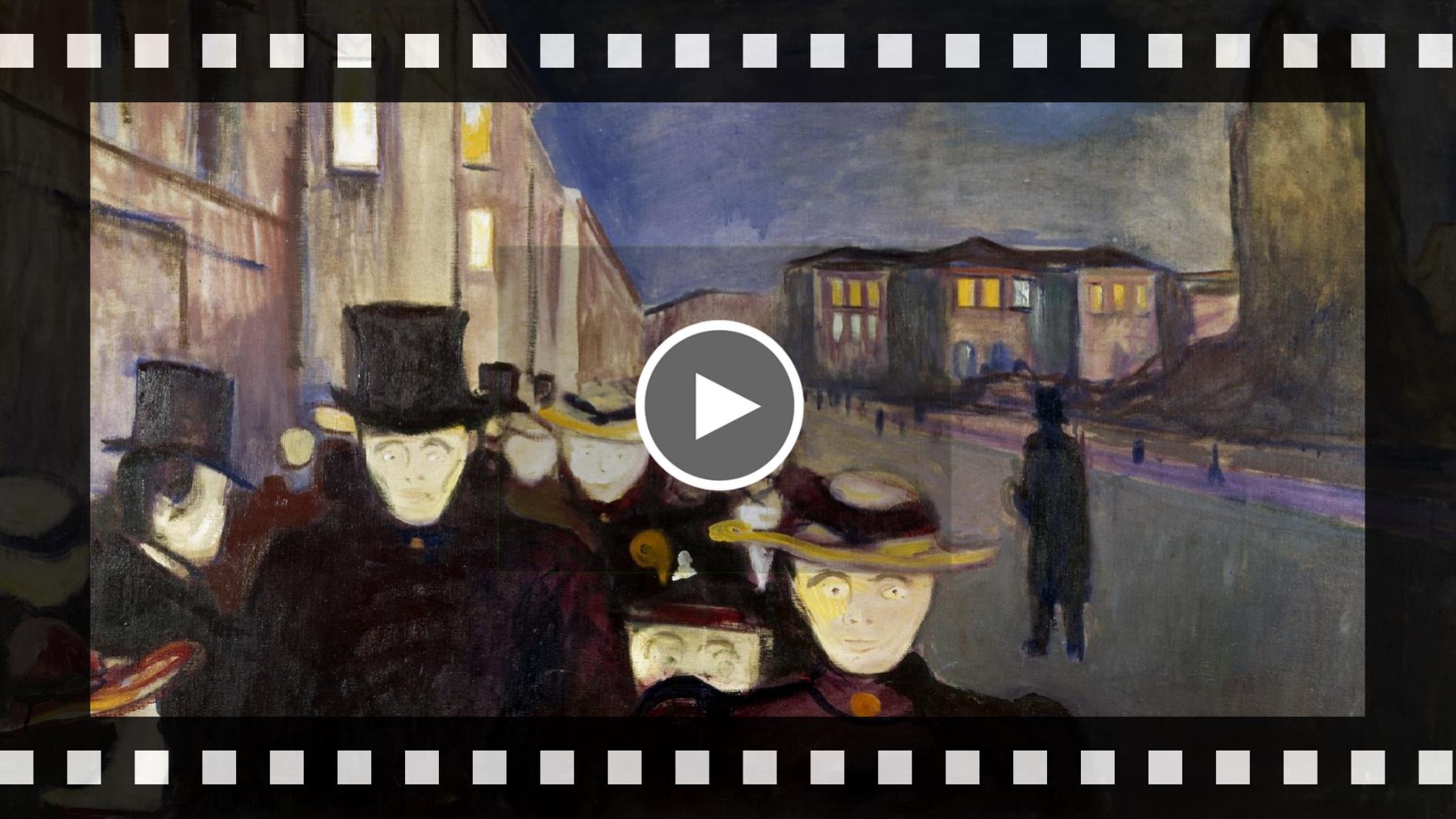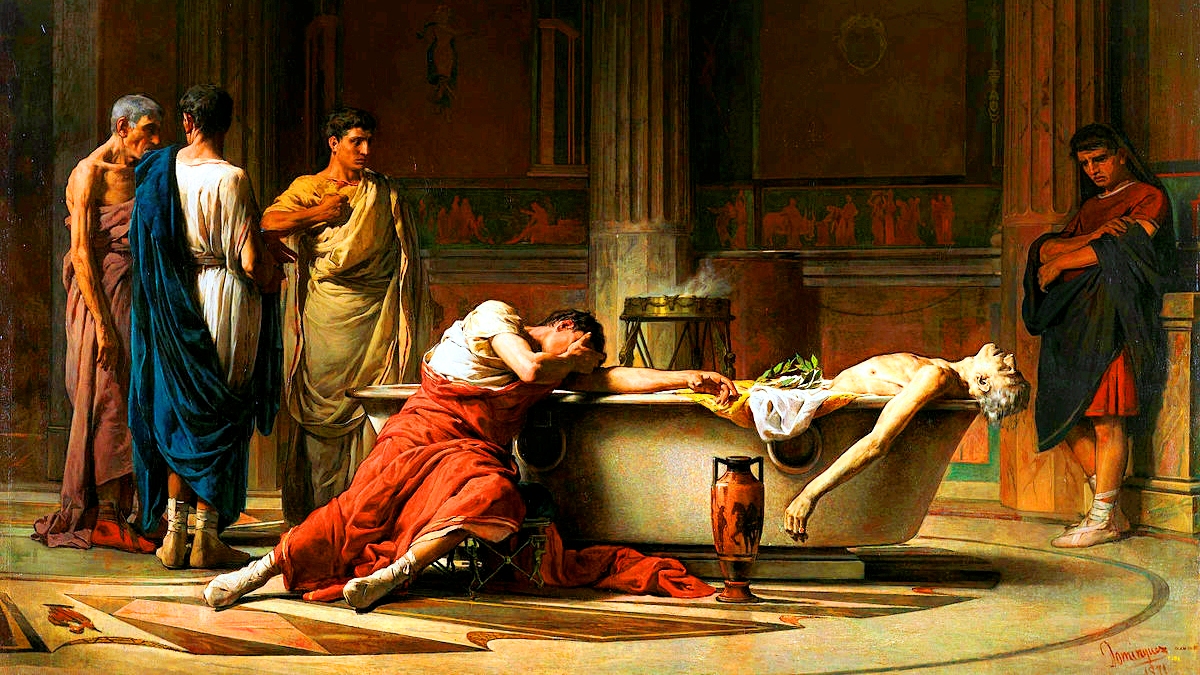“In the case of depressive realism, the philosophical pessimism most closely associated with Schopenhauer may be its natural home.” —Colin Feltham
They move along the street with blank faces, eyes forward, minds elsewhere. Shadows stretch long behind them, and the fading light casts everything in a sickly pallor. It’s not fear exactly—more like a quiet resignation, a shared sense that something vital has been lost or perhaps never existed at all. In this twilight atmosphere, where the ordinary becomes unsettling and the crowd feels lonelier than solitude, we glimpse a truth too often buried beneath the noise of modern life. It’s here that we begin to see—not through optimism, but thro’ the unfiltered window pane of what may be called depressive realism.
Most of us are taught from childhood that life is inherently meaningful, that things will get better, and that suffering has purpose. We’re encouraged to stay positive, to smile, to believe that happiness is not only possible, but inevitable if we just try hard enough. But what if this is not only false—but delusional?
—
Philosopher and critical thinker Colin Feltham offers us a radically different framework through which to view human life—one that may feel unsettling at first, but which demands our attention. The following quotes may help to encapsulate and elucidate the gist of his philosophy as observed through the lens of Depressive Realism.
—
“We evolved haphazardly within a random universe; no purpose underpins us, no God watches over us, and no assured glorious future awaits us. We are saddled with a dualistic consciousness that makes us feel high, weighs us down and plays tricks on us.”
—
Our consciousness arose through an undirected process, leaving us without a predetermined role in a world governed by chance. This awareness both elevates and torments us, presenting a clear vision of our inconsequentiality while simultaneously subjecting us to profound inner turmoil. To perceive our situation without illusion is to recognize the lack of inherent meaning.
—
“Depressive realism is a worldview of human existence that is essentially negative, and which challenges assumptions about the value of life and the institutions claiming to answer life’s problems.”
—
This worldview is a rejection of optimistic illusions. It’s a perspective that holds that a clear-sighted view of the world requires an abandonment of reassuring fictions and the frameworks that promise simple solutions to complex human suffering. This perspective doesn’t see a lack of hope as a flaw, but rather as an accurate perception of reality.
—
“We can never organise optimal living conditions for ourselves, and we realise that our complex societies contain abundant absurdities. World population increases, info overload increases and new burdens outweigh any benefits of material progress.”
—
Our collective efforts to forge a perfect existence are fundamentally flawed, as our intricate social structures are rife with contradictions. As our numbers swell and information proliferates, the advantages of technological advancement are eclipsed by an escalating weight of new challenges. This perspective acknowledges a deep-seated inefficiency in our shared human enterprise, where progress does not necessarily equate to well-being.
—
“The DR often experiences the weariness of one who has seen it all before, is bored and has had enough; the melancholy of the one who feels acutely the elusiveness and illusion of happiness, the impermanence of life and always smells death in the air.”
—
This outlook carries a profound sense of world-weariness and an indifference to novelty, as if everything has been experienced before. It is accompanied by a deep-seated sadness stemming from the recognition that fleeting moments of joy are merely deceptive and that our brief time is constantly overshadowed by the inevitability of our end. It is a sensibility attuned to the impermanent nature of all things, where the scent of mortality permeates every aspect of life.
—
“Human existence is a penal colony; a sexually transmitted disease; a disappointment; nothing but suffering; a sky-dive out of a cunt into the grave; a one-way ticket to the crematorium.”
—
Existence is a difficult, involuntary condition passed down through generations. It often fails to meet our hopes, is characterized by persistent hardship, and offers a brief journey from birth to oblivion. It is a bleak, one-way journey toward finality. This perspective captures the bleakest interpretation of human life, devoid of comfort or promise.
And so the figures drift on, beneath the dimming sky, neither heroic nor damned—just human. Their faces, like ours, wear the strain of too much awareness and too few answers. In that uneasy evening light, where reality flickers between beauty and bleakness, we may finally stop pretending. The crowd doesn’t give comfort, and the city offers no promise. But in recognizing this – in accepting the absurdity between meaning & meaninglessness – we might find, if not peace, then at least the dignity of seeing things as they are.




